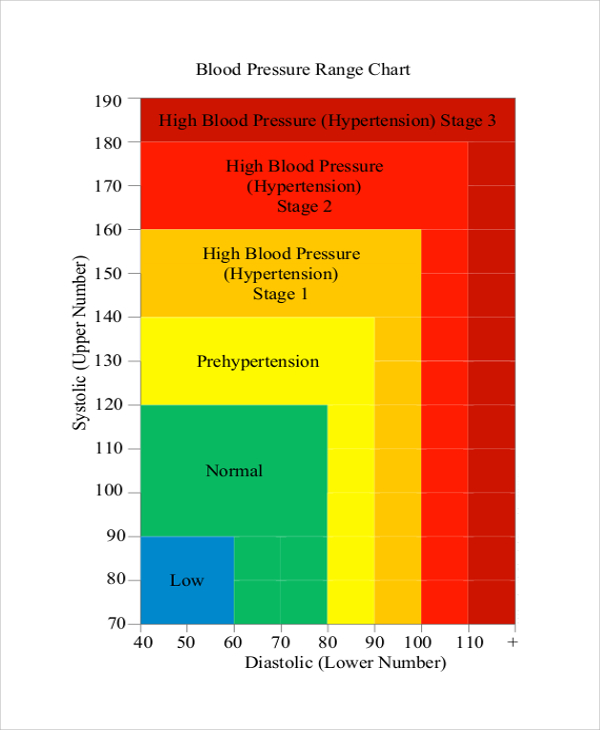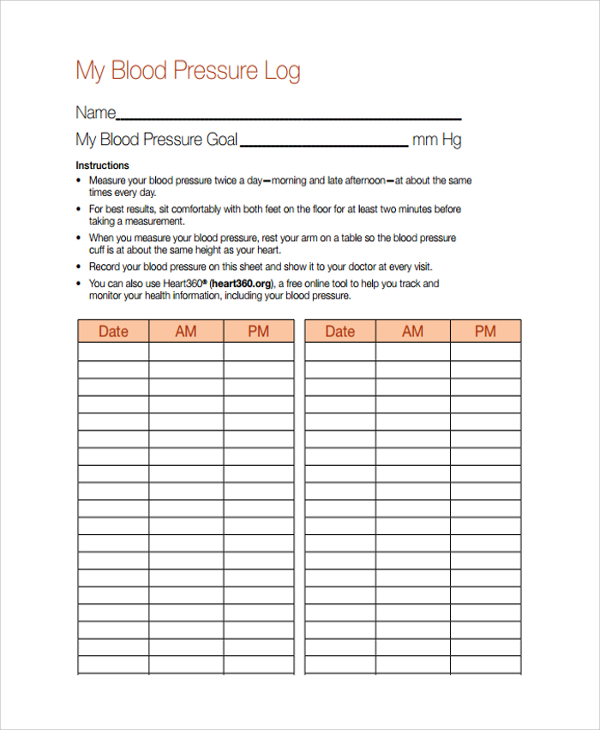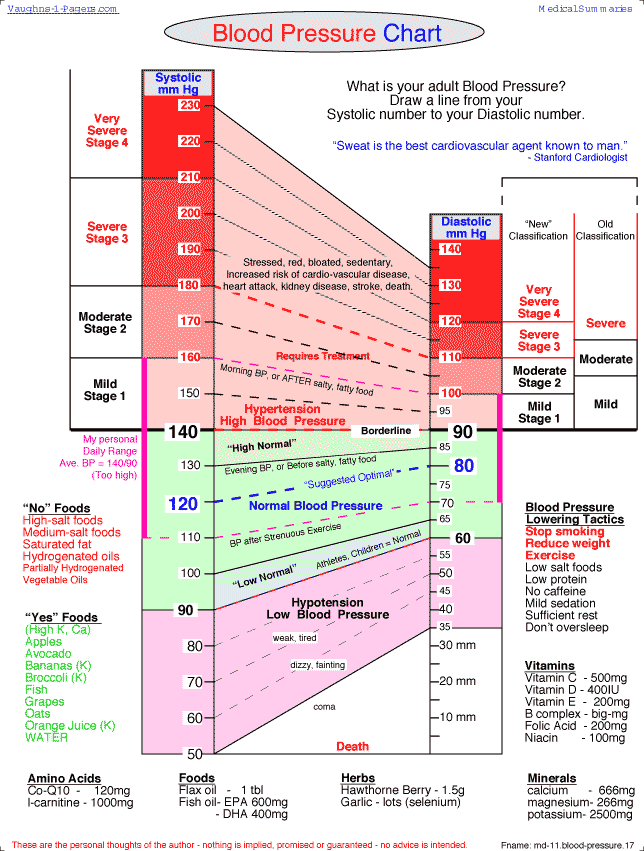

It means we are paying attention to your blood pressure sooner. The new guidelines lead to earlier intervention, but this doesn’t necessarily mean medications are started earlier. Now, new guidelines classify 130/80 as the point when blood pressure should be treated, so more people than before are being told they have hypertension. Blood pressure guidelines recently changed.įor many years, a blood pressure reading of 140/90 was considered high. Genetic variants: There are thousands of genetic variations that can make a person predisposed to hypertension about 30 percent of hypertension cases have an abnormal genetic variant from genes a person has inherited from their family.įor the majority of people with high blood pressure, it’s because of a combination of lifestyle choices and environmental factors.Genetic mutations: Monogenic hypertension is a rare mutation that accounts for fewer than 5 percent of hypertension diagnoses most are diagnosed at a young age, with little or no control over development of HTN.Health issues: Strokes, kidney disease, blood vessel disorders and cardiovascular problems can all increase your risk for hypertension.Sleep disorders: Over time, conditions like sleep apnea can lead to your blood pressure increasing to compensate for the lack of oxygen getting to your body.Medication: A side effect or interaction of some drugs can lead to hypertension.Age: Most people experience increased blood pressure as they get older.

Some things that can lead to hypertension: Many people develop high blood pressure because of their lifestyle. There’s usually no single cause of hypertension.

Here are five important things you should know. But left untreated, it can lead to irreversible damage, or even death. Most times, there are no symptoms, so people with high blood pressure think they’re perfectly healthy. It’s known as high blood pressure or hypertension. Even when most adults feel fine, a third of them have a serious condition that could cause a heart attack, stroke or kidney failure.


 0 kommentar(er)
0 kommentar(er)
